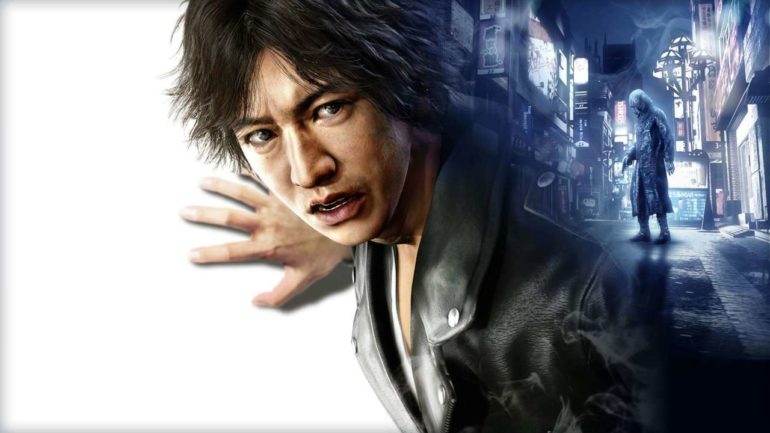2019, so far, has been a mixed bag in terms of game releases. While there has been some good games to sink our teeth into, if this year’s E3 was anything to go by, gaming companies seemed to have given up on 2019 altogether and want us to look to 2020. Despite this, we’ve had heavyweight franchises like Kingdom Hearts 3 launch this year, while run away surprises like A Plague’s Tale: Innocence reach for the love of a warm audience.
The year isn’t over yet though, and it can still provide us a wealth of good gaming content. One such game that has had a sizeable portion of PS4 users foaming with excitement is Ryu Ga Gotoku Studio’s latest offering, Judgment: A spiritual successor of the still criminally overlooked Yakuza series, at least as far as the mainstream is concerned.
Long time fans of the Yakuza series will recognise the familiar sights of Kamurocho, but this isn’t just a re-tooled Yakuza slapped together with some fresh skins — Judgment is a whole new beast. Detective work is the aim of the game and from what we have played so far, Judgment could be the start of a new beautiful franchise for SEGA. We were able to get our hands on an advance copy of the game and while we’re not quite able to give the game a final score just yet, we’ve compiled a small list of all the little quirks and tweaks that set Judgment apart from its sister franchise.
1. Same Playground, Different Ball Game
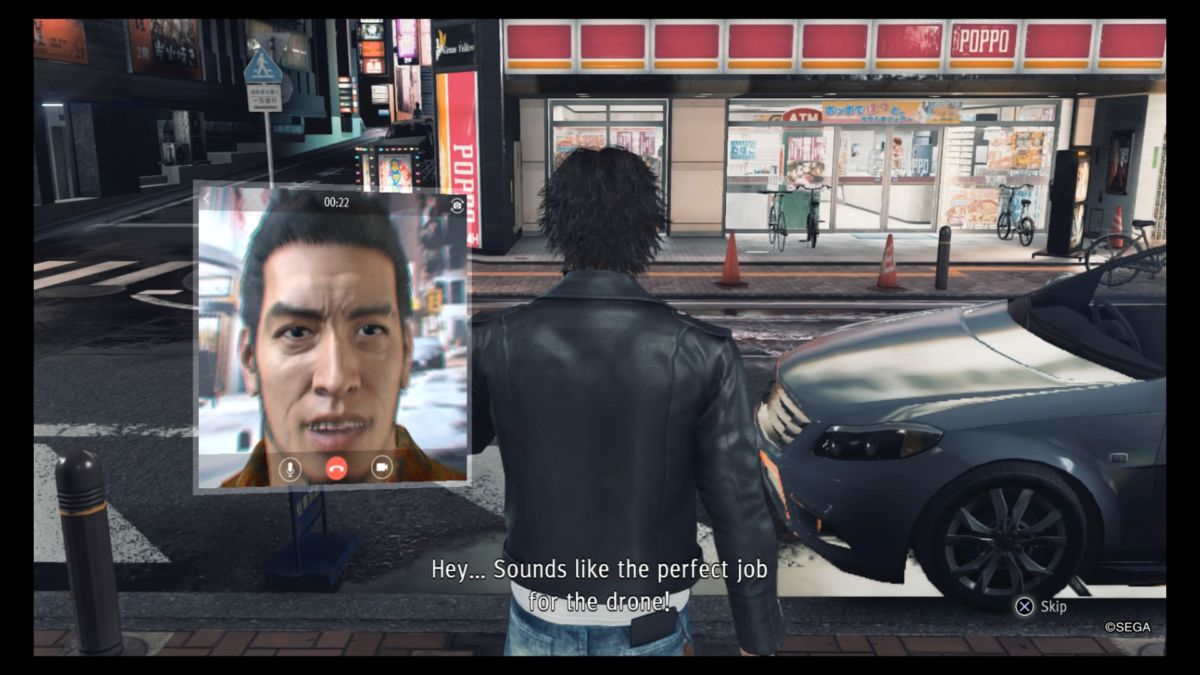
As mentioned in the introduction, Judgment is set in Kamurocho, which for veterans of the Yakuza is a setting all too familiar. You’d be forgiven to feel some concern that perhaps Ryu Ga Gotoku Studio were just going to stick to the same formula and hope no one would notice a la Dynasty Warriors. In this particular scenario, it was great to be proven wrong.
Ryu Ga Gotoku Studio have completely revamped their gameplay style from the ground up. Being a private eye, it’s your job to follow suspects around the city center, pick locks and scan crime scenes for clues; either on the field using first person mode to zoom in on potential evidence, or by using a rather nifty photo zoomer while looking at the case files in the comfort of your own office.
There’s also your trusty drone, which you must use to reach places higher than the first floor of an office building and disguises to be worn also. Oh and – uh – find cats for the same person who lost all the cats to his cat cafe in Yakuza 6: The Song of Life. Seriously, this guy needs to be investigated.
While the city itself is still the same city — with exception to some added restaurants and activities which we will get to later on — the inner mechanics of Judgment feel new, and you’ll want to re-explore all the nooks and crannies that are on offer. It might be the same playground, but the way you interact with it is completely different.
2. Saturday Night’s Alright For Fighting
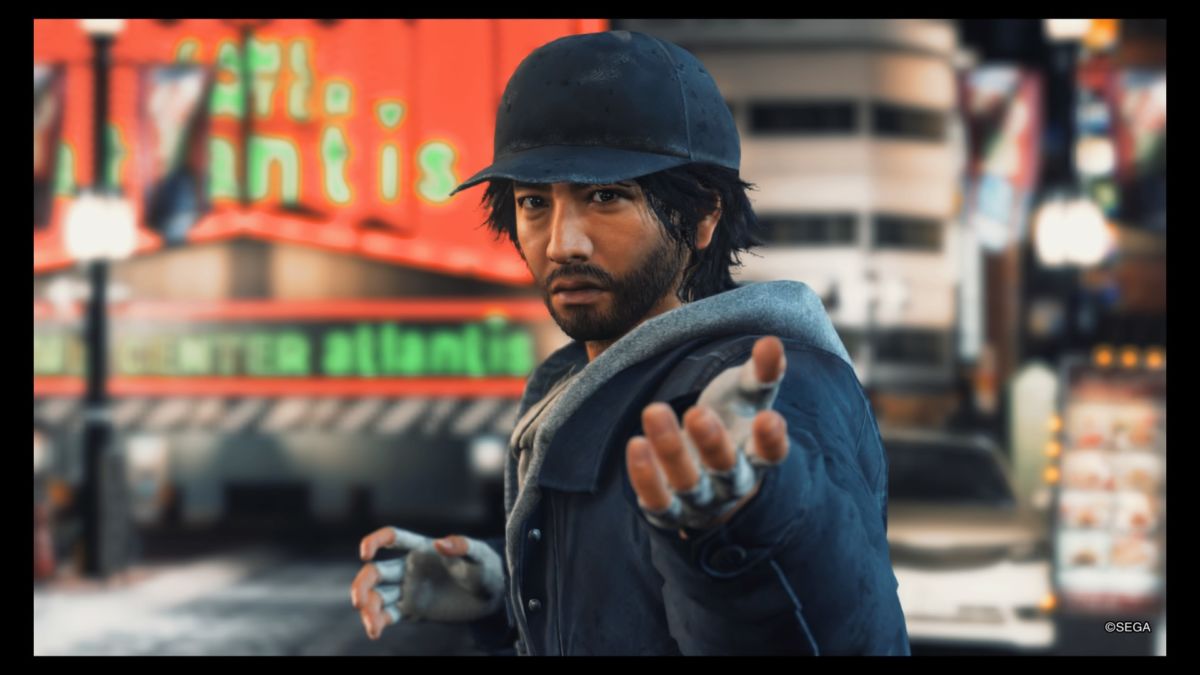
Just because you are playing a mild mannered private investigator instead of a hardened yakuza doesn’t mean you’re not going to get into some scrapes. This is Kamurocho after all, and the one language everyone in that place seems to understand is kicks to the face. Judgment focuses on two styles: the fast-paced Crane style designed to knock back crowds of enemies, and the slower, more hard hitting Tiger style designed for one-to-one combat.
Very much like the Yakuza franchise, upgrades for both styles are available to you from the start and can be unlocked using SP you will gain throughout the game. However, one of the more interesting mechanics to Judgment’s combat is that the police actually get involved. Spend too long in street fights and the police will be alerted to your presence, which means getting the hell out of dodge or face getting arrested.
It’s an interesting mechanic that doesn’t get too invasive and will cause you to think twice before dealing with street thugs head on. While it was fun to crack skulls as yakuza messiah Kazuma Kiryu, Takayuki Yagami is a civilian investigator, so maybe he shouldn’t be smacking thugs around with a motorcycle every 10 seconds.
3. I’ll Be There For You (When The Bodies Hit The Floor)
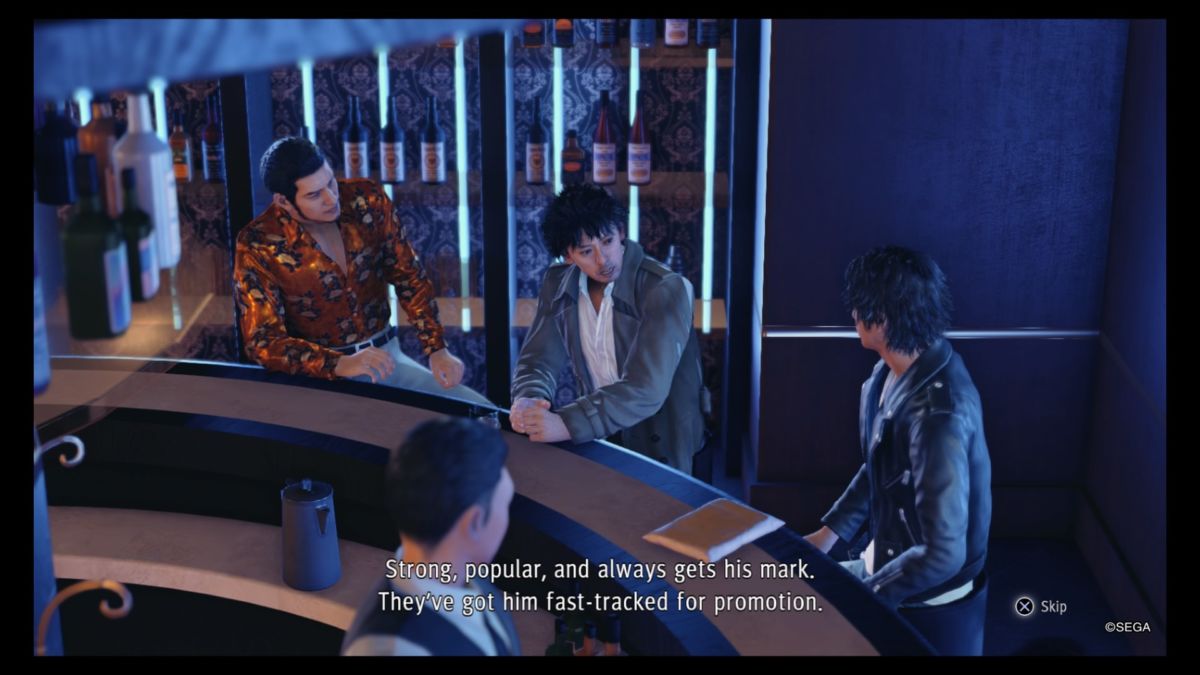
Another interesting mechanic added to Judgment is the ability to get out there and make friends, something that’s almost impossible to do in real life. Who needs friends when you’ve got Kamurocho, though? Befriending citizens has numerous benefits, such as secret items from the menus of restaurants, access to more tools and unlockable abilities to your expansive arsenal. They might even help you out in a fight by throwing you a weapon or landing a special combo attack.
There are a total of 50 friends dotted around the city, with most of them providing unique challenges and side quests to gain their services. The more friends you gain, the more your street credibility goes up which, for the completionists among us, is going to be needed if you want to access all the side missions. Ryu Ga Gotoku games are gaining an almost infamous reputation for their “collectathon” elements in their games.
A more casual gamer may see this as needless filler, but that wasn’t Ryu Ga Gotoku’s intention. What separates them head and shoulders from the pack is the mantra, with hard work comes great rewards and this friendship mechanic is no different to this rule. It makes this new system as integral to the overall experience as much as the main story.
4. A Side Mission System That Makes Sense
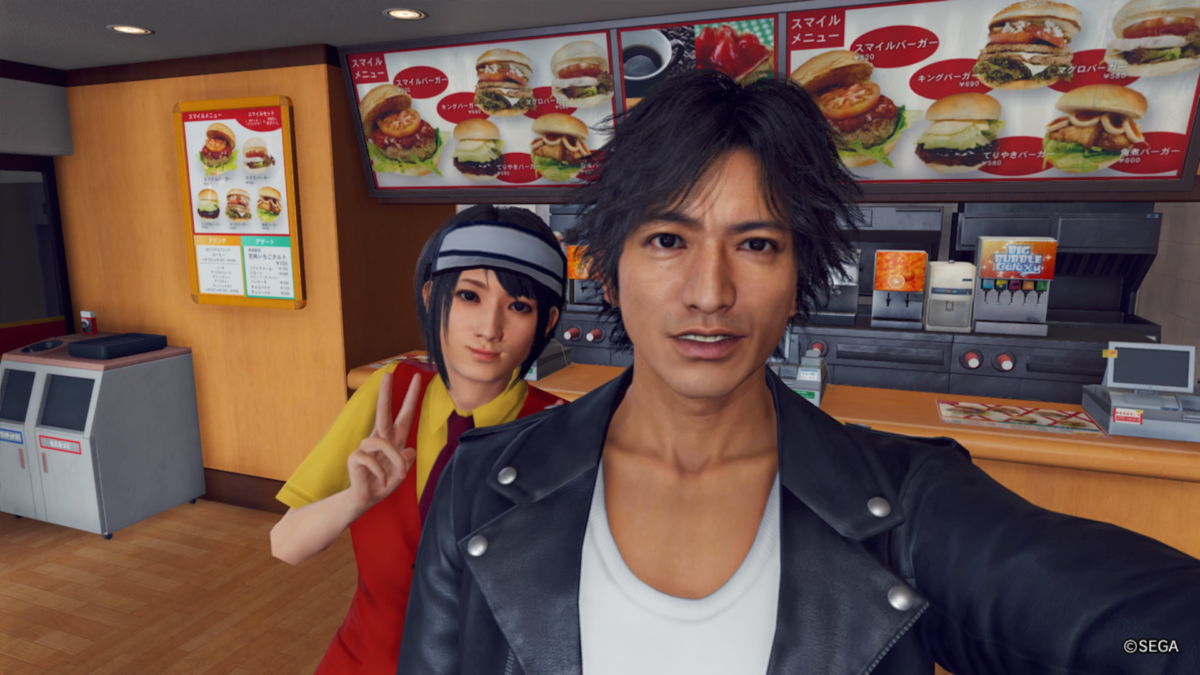
If you’ve played the games Ryu Ga Gotoku has offered us, from Yakuza to Fist Of The North Star, you can probably agree that their side mission systems were always a bit of a shambles. For those of you that haven’t played any Ryu Ga Gotoku game, side missions require a lot of running about, just hoping to bump into an automatic cutscene or a person to talk to. Game guide websites must thrive on the Yakuza series alone.
However, thanks to a new system (that still has some flaws), randomly triggered side quests are a thing of the past. Side missions in Judgment are known as Side Cases and are primarily available in three separate locations – Takayuki Yagami’s office, Genda Law Firm and Bar TENDER. There’s still some quests available by roaming the streets and there are even icons to help you search for them, which means obtaining side quests is much more streamlined and is definitely a huge relief to any Ryu Ga Gotoku Studio veteran.
Side Cases are unlocked through street rep, story progression and the fulfilment of certain criteria the game will outline for you. This potentially gives you a steady stream of activities to do if you don’t want to go down the storied path just yet. As you can imagine, yes, some of these side missions are just as barmy as their Yakuza counterparts and they will have you either laughing, cringing or both.
5. The Road To Distraction
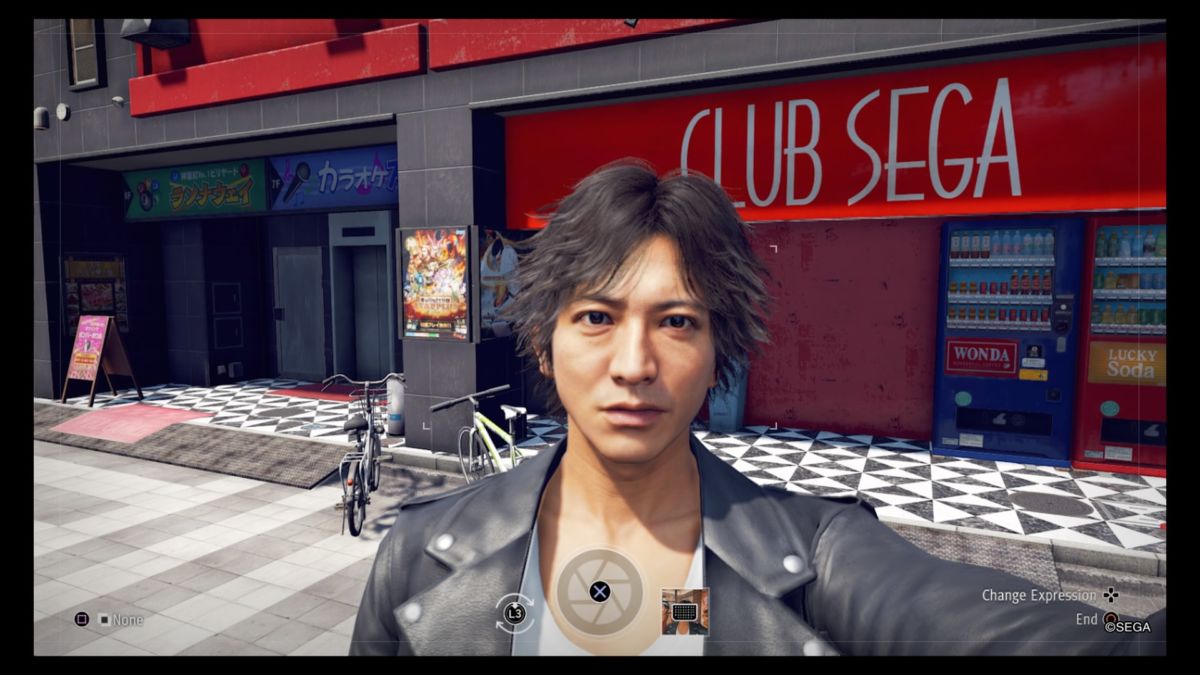
If what has been mentioned still isn’t enough to keep you deviating from the story path, you can trust that Judgment has those trademark minigames to keep the hours ticking away. Club Sega returns once again, bringing with it some old favourites as well as some new arcade machines to try. Drone races are now a thing and you can customise your drone to be the fastest, or you can just pop into a smoking booth for an ill advised cancer stick while listening to some juicy gossip around the city.
These are all just small distractions and by the looks of our playthrough, we have only scratched the surface. Other activities including VR games and dating simulators, as well as tracking down those pesky cats for the aforementioned cat cafe, are still yet to be unlocked for us. Hopefully these positive changes to an already well oiled gaming machine will keep us impressed with Judgment until the credits roll.
Some of the coverage you find on Cultured Vultures contains affiliate links, which provide us with small commissions based on purchases made from visiting our site.
